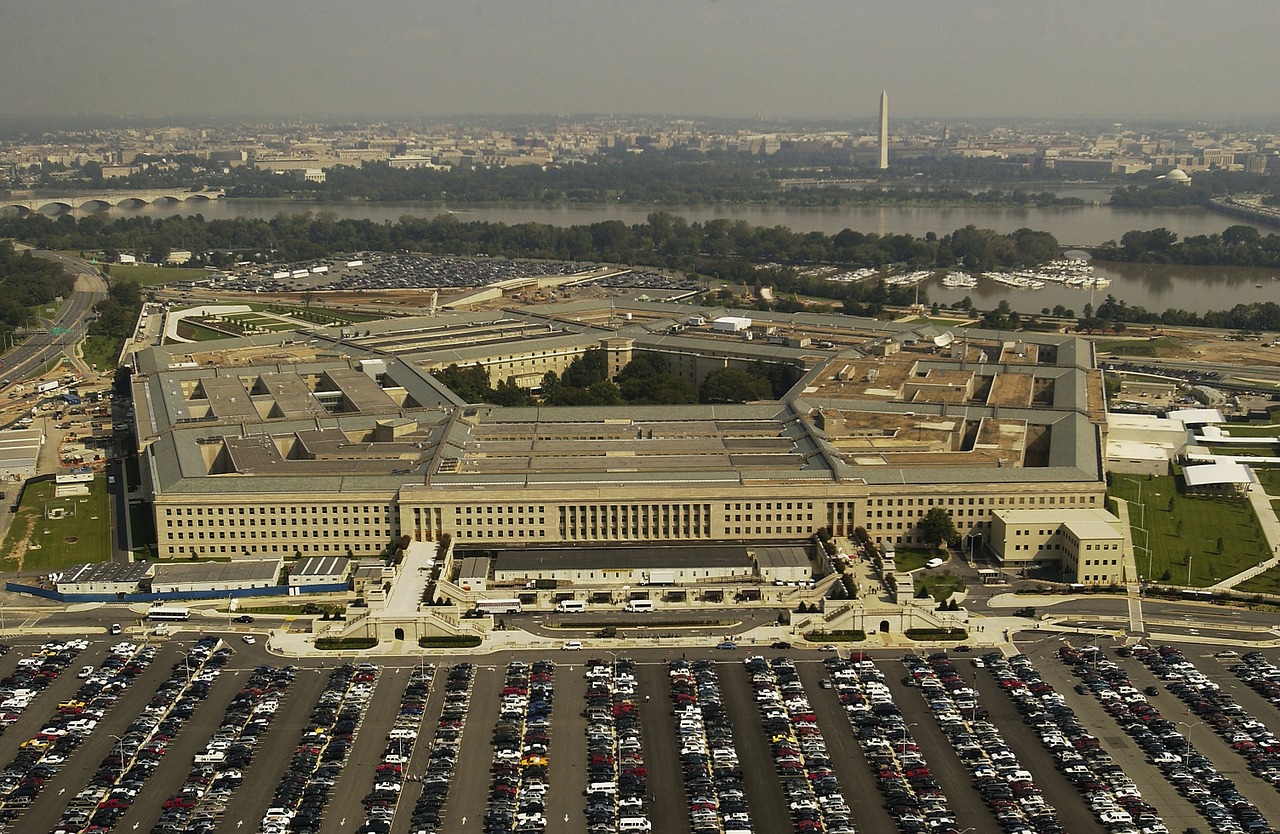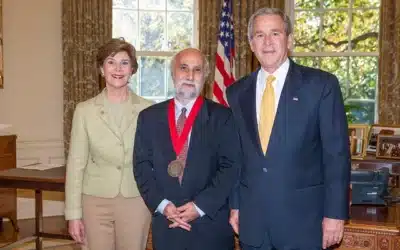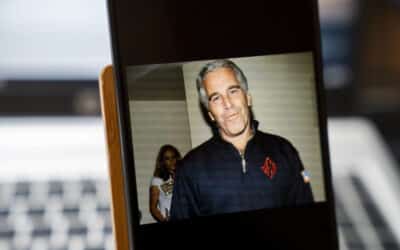In early September, during major protests in Iraq’s Shi’ite southeast, a group fired three mortar shells into the Green Zone of Baghdad. The shells landed in an empty lot, doing no damage and causing no casualties. Months later, it appears to be a much bigger story.
That’s because the Wall Street Journal is reporting that in the immediate aftermath, John Bolton and his National Security Council were encouraging a “forceful” US response. In the course of this, Bolton’s team asked the Pentagon to provide President Trump with “military options” to attack Iran.
It appears not to have taken long to go from Shi’ite protests and pinning the mortar fire on a Shi’ite militia, one that is officially part of the Iraqi government, to calls to attack Iran. That’s because US officials, particularly hawks, accuse Shi’ite militias anywhere in the world of being Iranian as a matter of course. In this case, it could’ve easily escalated into a US military attack on Iran.
Both the State Department and Pentagon were taken aback by the request, with one former official calling it “mind-boggling how cavalier they were about hitting Iran.” Bolton has made a career out of calls to attack Iran and others, of course, and likely considered this par for the course.
The Pentagon is confirmed to have drawn up the options for attacking Iran, though officials say it is unclear if the options have yet been passed along to President Trump himself, or are still working their way through the National Security Council.
It seems likely it’s a later, though, as National Security Council spokesman Garrett Marquis presented the mortar shells as an attempt to attack the US Embassy in Baghdad, and said they are considering a “full range of options to preserve their safety and our interests.” This is meant to suggest that months after the “attack,” which again did no damage and hit nothing, attacking a country at best tangentially related to the matter remains on the table as far as Bolton’s council are concerned.
What will happen remains to be seen, but resistance to that sort of an unprovoked US attack may be softening within the administration. James Mattis is gone, and it’s not clear the interim Pentagon leadership has anywhere near as much sway or inclination toward being the voice of reason. Secretary of State Mike Pompeo has made targeting Iran the centerpiece of his Middle East tour as well, and has been known to lean hawkish on Iran.
































